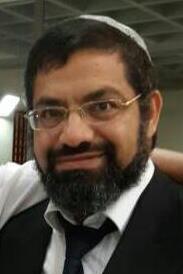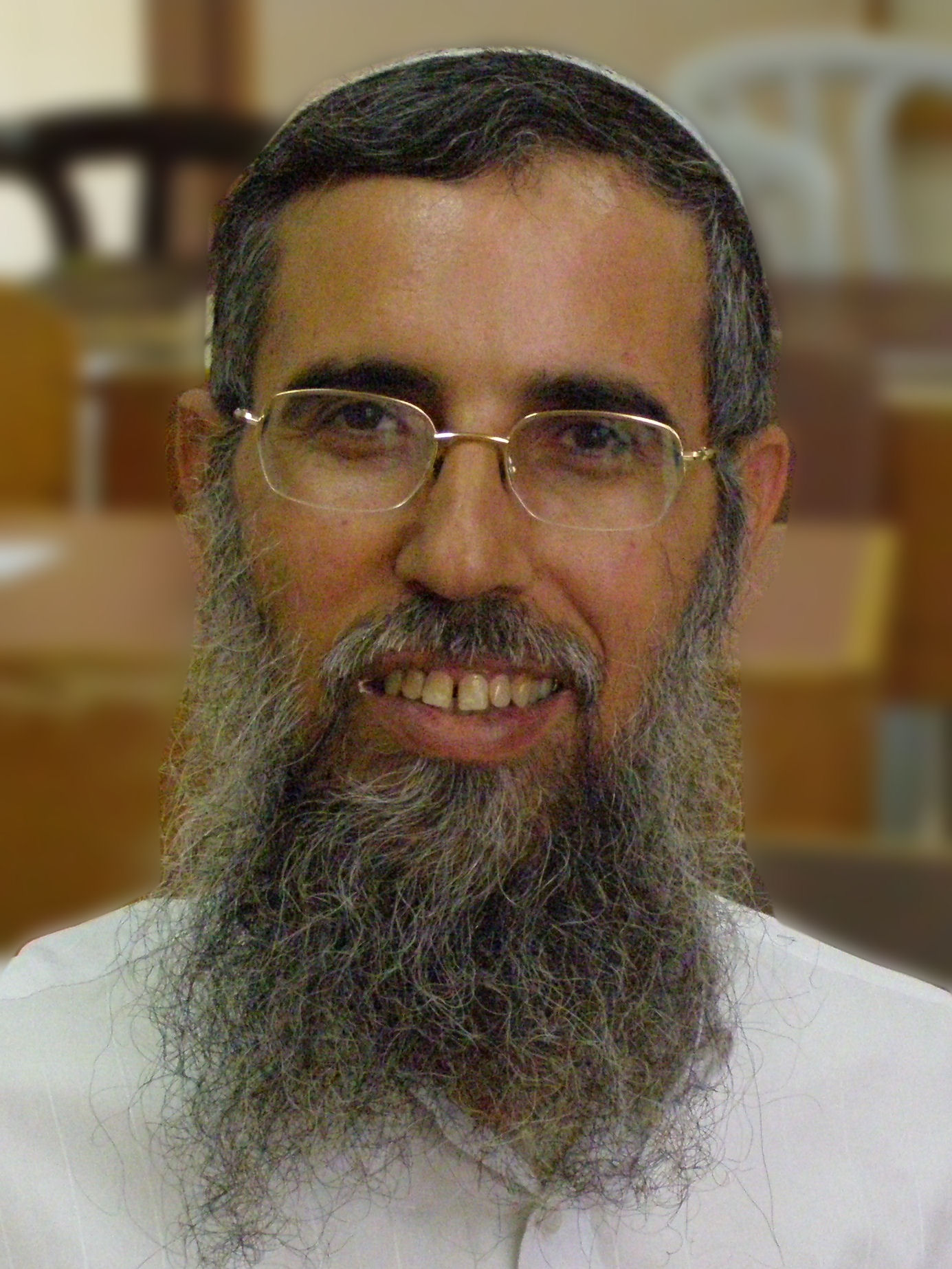Haftarah: "A Lion has Roared; who will not Fear?"
By: Rav Avraham Rivlin
Translated by Rav Meir Orlian
This week's Haftarah begins with a description of the grave sins of Am Yisrael and the ensuing punishment. The nation thinks that due to Bnei Yisrael's status as G-d's children they are immune to punishment. Therefore, Amos emphasizes that the opposite is true: "You alone did I know from among all the families of the earth; therefore I will hold you to account for all your iniquities." (Amos 3:2) This is because, "the one that G-d loves He chastises," and, "One who spares the rod hates his child." Precisely because, "You alone did I know," G-d cannot overlook your rebellious ways; because your are His beloved children. He cares about you and wants for your best, even if the way to do so is through punishment. Similarly, Chazal say, "G-d is exacting with the righteous as the width of a hair."
[Bnei Yisrael thought the same way about the Temple, that it serves as "life insurance" for them, as Yirmiya warns them: "Do not trust the false statements that say: 'The Sanctuary of Hashem, the Sanctuary of Hashem, the Sanctuary of Hashem are they!'" (7:4) This was also their mistake in the days of Eli, when they thought that taking the Ark to the battlefield will save them from the enemy: "Let us take with us from Shiloh the Ark of the Covenant of Hashem that He may come in our midst and save us form the hands of our enemies!" (Shmuel I 4:3) The Malbim explains that they thought that Hashem must save His Ark and protect it from the Philistines, and thereby they would also be protected. But this is false, because the Ark is not itself the goal, only that Bnei Yisrael should observe what is written in it!]
Even so, the nation does not believe that punishment will come, since now they are doing well. Therefore, Amos continues to ask seven rhetorical questions that reiterate one idea, through usage of various metaphors from the world of nature. The idea is that to every natural phenomenon precedes a reason that causes it and forces it: "Does a lion roar in the forest, if it has no kill? ... Is the shofar ever sounded in a city and the people not tremble?" (3:4-6) The summing up conclusion is: "Can there be misfortune in a city, if Hashem had not brought it?" When there is prey – the lion roars; when there is sin – G-d reacts. The writing is on the wall; it is only necessary to pay attention and read it.
Who writes the inscription that warns the nation about the inevitable punishment that will come after the nation's sins? To this question, Amos answers in the final two verses of the Haftarah: "For the L-rd Hashem/ Elokim will not do anything unless He has revealed His secret to His servants the prophets. A lion has roared; who will not fear? The L-rd Hashem/ Elokim has spoken; who will not prophesy?" (3:7-8) In these verses Amos rejects the nation's claim that the prophet is making up things, and notes that his prophecy is G-d's word.
In the concluding verses there is a review of the idea that Amos raised in his prophecy, and that we mentioned earlier. The punishment that G-d brings upon the nation is not a result of anger and hatred, but rather a result of great love. The reason that Hashem reveals the secret of the punishment to His prophets is in order that they will warn the nation of what is destined for them. G-d wants that the nation should refrain from their sins, will repent and be worthy of pardon. Therefore, Amos uses the expression Hashem/ Elokim, which indicates a blend of the attribute of mercy and the attribute of justice – to show that even the punishment that is destined for the nation comes from G-d's love to His nation, as explained above. The greatest kindness of the Creator with man is, as known, to grant him the opportunity to erase his sins through repentance. Therefore, the prophet calls to the nation to take advantage of his harsh words about punishment [the attribute of justice] and to turn it into a measure of kindness and mercy if they will refrain from their evil deeds.
The idea of blending justice and mercy also stands at the basis of the final verse of the Haftarah, since it also mentions Hashem/ Elokim. The sinners think that the prophet portends retribution because he hates the nation and is happy about their downfall, and therefore he prophesizes the nation's punishment with joy. Against this claim, Amos says that the prophecy goes from his mouth almost against his will. "The L-rd Hashem/ Elokim has spoken; who will not prophesy?" The prophet does not derive pleasure from the words of retribution that he casts at the people. He feels their pain, and wants with all his being that his prophecy should not actually be fulfilled. It is for just this reason that Hashem revealed His secret to him, so that by revealing the secret the nation will repent, and the prophecy will not be fulfilled. [This stands in contrast to the non-Jewish perspective that the prophet's words are to reveal an irrevocable future. The words of a Jewish prophet are primarily intended for the present, to change the nation's behavior, which will turn his ominous prophecy into good. See Yonah: Nevuah V'tochacha, p. 248.)]
Yirmiya also describes the prophecy as a burden that bursts forth from the mouth of the prophet against his will: "Behold, My word is like fire – the word of Hashem – and like a hammer that shatters a rock." (23:29) Even if the prophet does not want to, he cannot avoid transmitting the Divine message: "If I would say, I will not mention Him and not speak in His Name any more" – [His words] would be like a burning fire in my heart, stored in my bones, and though I might struggle to contain it, I could not." (20:9) For this reason, a prophet who does not prophesy is called by Chazal, "one who captures his prophecy." (Sanhedrin 89a) In general, speech is active, and silence comes passively. Regarding a prophet, though, things are the opposite: The prophetic speech bursts forth naturally, and the prevention – the lack of speech – is an action of suppression that requires might and force.
This is what Amos says, "A lion has roared; who will not fear?" – the prophecy within me is like the roar of a lion, and its verbal expression is an involuntary reflex, like fear from a lion. "The L-rd Hashem/ Elokim has spoken; who will not prophesy?" Because of this, the nation needs to understand that the prophet's words come for their benefit, so that they will improve their ways, and will prevent the fulfillment of the prophecy.
Shiur ID: 3621
Do you have a comment or question on the shiur?
Comment below and we'll join the discussion
Add your comments:



.jpg)



